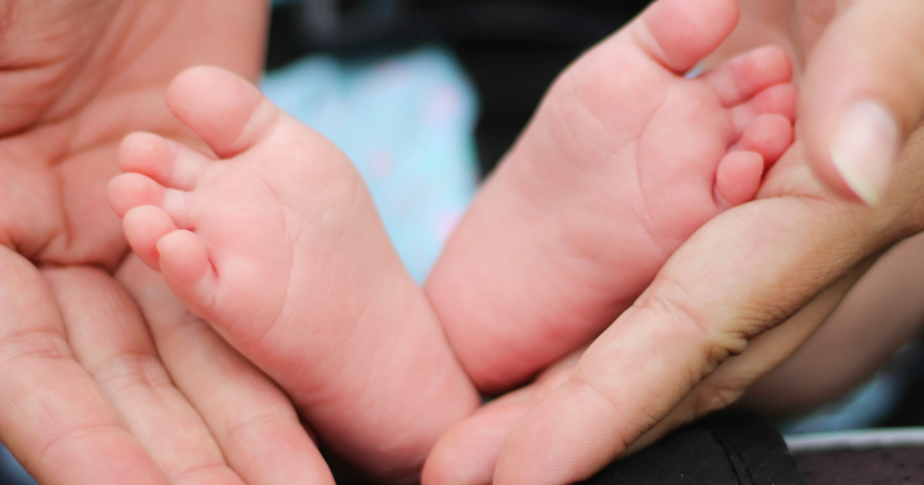
New research funding will continue to help pave the way for early identification of babies at risk of stillbirth, brain damage and cerebral palsy from oxygen deprivation during late pregnancy and childbirth.
A $500,000 donation to Mater Foundation from The Lott by Golden Casket is helping to support Mater Research in studies aimed at improving prediction models of babies likely to experience distress during labour and life-threatening hypoxia, or lack of oxygen.
Genesis Maternal Fetal Medicine Research Group Leader, Professor Sailesh Kumar said complications of hypoxia were major contributors to stillbirth, brain disorders and cerebral palsy.
“Apart from the trauma experienced by parents during late pregnancy and childbirth, we also know that families can endure financial hardship and long-lasting distress from the impacts of infant hypoxia, so any progress in this field of medicine will have immense benefits for the community,” Professor Kumar said.
Professor Kumar, who is also Senior Staff Specialist at Mater’s Maternal Fetal Medicine Unit, said combining the results of a blood test from the mother and using state-of-the-art ultrasound imaging could predict which babies were most at risk.
“If we can identify babies at risk in late pregnancy or during childbirth, clinicians and parents can hopefully make informed decisions and prevent some of these complications.”
Amanda Sweeney is 38 weeks pregnant and a current participant in the Australian Medical Research Future funded trial, iSEARCH, led by Professor Kumar since 2020.
Ms Sweeney said she learned of the study several weeks ago and decided immediately to get involved.
“In the very early stages of my pregnancy, it crossed my mind how important it would be to participate in research that would be beneficial to other women,” Ms Sweeney said.
“I’m a first-time mother, and while I like to be informed and look for information, becoming a mum can be intimidating and you don’t have much information at the start.
“I believe that knowledge is power, and learning more through research is important, especially if we can minimise the complications and risks associated with birth.”
General Manager Public Relations of The Lott by Golden Casket Matt Hart said the business was excited to be part of a research project that had the potential to make a real difference to the lives of everyday Australian families.
“Since placing our support behind Professor Kumar’s study, I have learned that there are currently no effective strategies for identifying the at-risk foetus or any prenatal intervention at term that improves perinatal outcomes,” Mr Hart said.
“This research is leading the way internationally to develop novel methods for identification and intervention, and we’re thrilled to be able to lend our support to the efforts in this space.”
Mater Foundation Executive Director Andrew Thomas said the donation from The Lott by Golden Casket was part of millions of dollars distributed by the Foundation to Mater Research projects each year.
“This research will use computer technology and data collected at Mater Mothers’ Hospital to develop reliable modelling capable of predicting adverse pregnancy outcomes,” Mr Thomas said.
“Mater is Australia’s largest maternity services provider, and mothers and babies are at the heart of what we do.
“This research has wide-ranging potential to impact thousands of families every year.”



